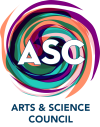2023 Candidate Questionnaire – Charlotte-Mecklenburg Schools Board of Education
Ahead of Election Day 2023, At-Large candidates running for election for the Charlotte-Mecklenburg Schools Board of Education were provided a five-question survey to complete and share their position on arts and culture. Below are the verbatim responses we received, grouped by question.
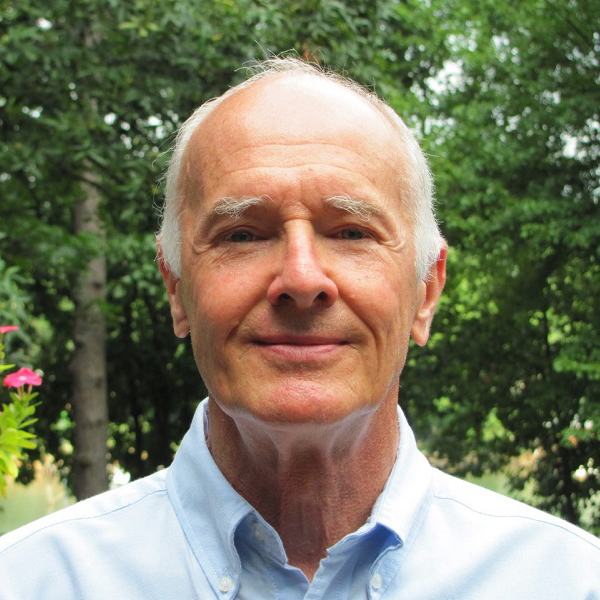


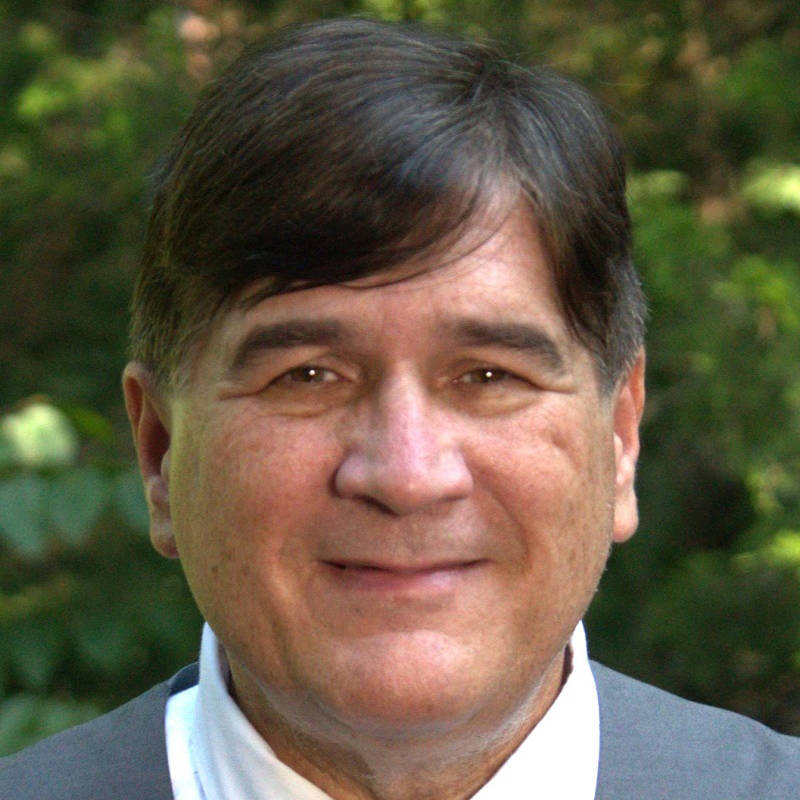
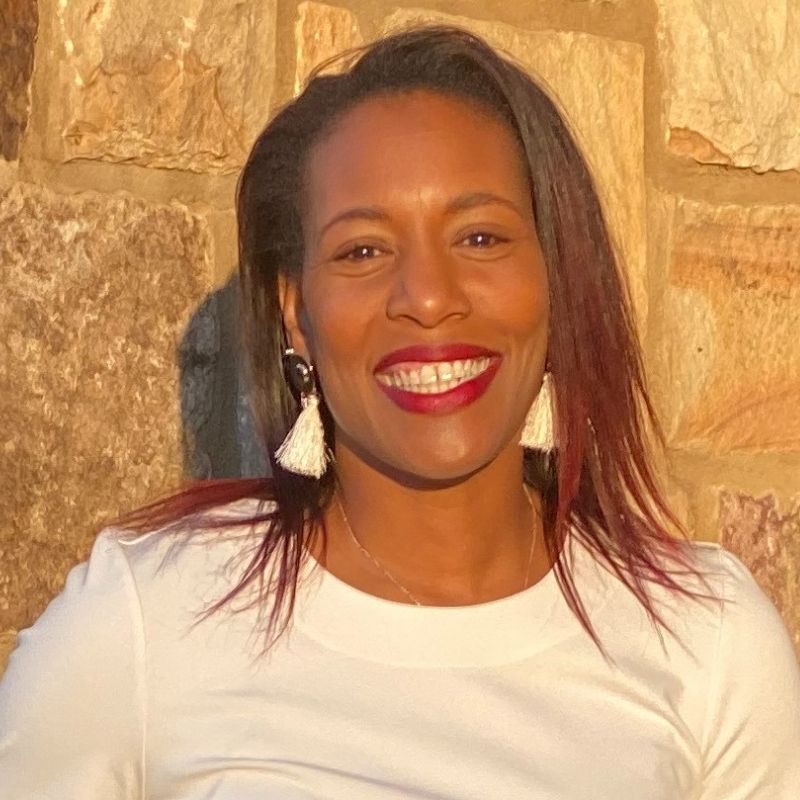
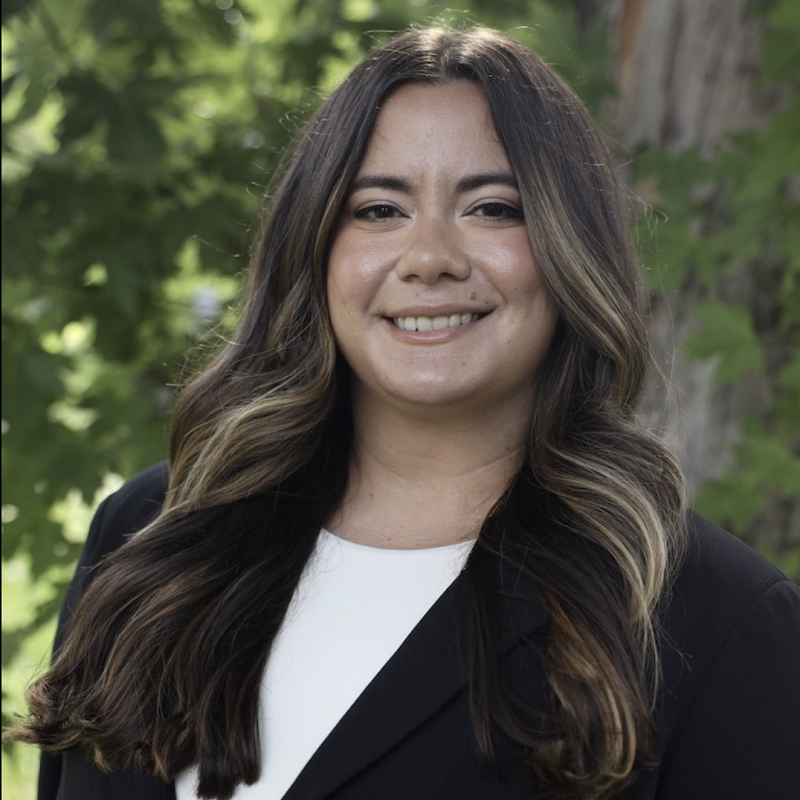
Bill Fountain: I recently gave a speech on 9/11/2023 in Charlotte for the Flags of Remembrance Ceremony, connecting with the Charlotte community about my and 9/11 history. Bill Fountain’s 9/11 Speech for Flags of Remembrance Ceremony in Charlotte, NC – YouTube: https://www.youtube.com/watch?v=j-c42jZXpmg
Shamaiye Haynes: My mother exposed our family to the arts. She sang in the choir at her college and has been involved in poetry, theatre, singing and cultural arts ever since I can remember. I grew up in poverty and yet, my mother always found a way for me and my siblings to be exposed to creativity. She would get free or reduced priced tickets to performances, and we participated in community-based efforts. I took ballet and African dance classes. I still enjoy both to this day. My full-time work involves cultural organizing, and I work directly with artists. My work is an infusion of leadership, community organizing and arts. Arts and Enrichment are also part of my platform.
Michael Johnson: As a proud musician, arts has always been a part of who I am and the communities in which I’ve lived. In my earlier years, I grew up learning to play piano and organ. After a rewarding career in the music industry (I play 17 instruments), I thought it only proper to give back to my community. For a period of time I offered free music lessons to people within the community.
Brian Kasher: I found the Particle Falls instalation by Andrea Polli an amazing integration of the arts, science, and community. Andrea used a nephelometer to measure particulate air pollution uptown Charlotte and the resulting data was then projected on to UNC Charlotte in the form of a waterfall with little explosions representing the amount of pollution at any given moment. I produced the mini-documentary on the project linked here. https://youtu.be/luimYn0fQS0?si=q8DjOAjIJxyBtk8R
Tigress Sydney Acute McDaniel: Since a toddler, of course by my most recent recall, my parents have raised me immersively in the Arts, Science and History. It is core to my why, including academia and community connections. Science was my first love. The Arts helped to be an apt Science communicator even in my youth as I tirelessly advocated for recycling in primary schools amongst my peers who mostly saw no value in such nerdy undertaking. The Arts help to better explain and express the otherwise difficult. The Arts can evoke empathy and understanding where Science and History can be intimidating and complex. As a passionate advocate for the THRIVING Arts, I have myself incorporated the Arts in community events to increase truly diverse cultural awareness, having established the Hue Are You Fusion Festival in Greensboro NC in 2013 endorsed by the former Mayor candidate Robbie Perkins. The event highlighted cultures internationally through artistic performances that had been uncommonly platformed in Greensboro. It also helped to educate otherwise starving artists regarding how to commoditize their talents and thrive in the Arts economically. The Performing Arts are also core to the three-pronged model of my private consulting firm, including additionally Business Economics and Collaborative Science and Sustainability. I studied one year at NCATSU, and in the University of Louisville Arts Repertory MFA program while simultaneously completing my primary degree programs in Applied Science and Economics. There has not ever been a time that I have not employed the Arts to connect with my communities, even if indirectly so regarding method of implementation or how I speak and engage et cetera.
Liz Monterrey: Certainly. As a member of the Latinx community, I have experienced firsthand how arts, science, and history can serve as powerful tools for connecting with and uniting our community. One significant example of this connection comes through our rich cultural heritage and artistic expressions. Throughout my life, I’ve been deeply involved in celebrating and preserving our Latinx culture through various forms of art, including music, dance, visual arts, and literature. These artistic traditions have not only been a source of pride but have also served as a means of connecting with others who share a similar background. In our community, events such as traditional dance performances, art exhibitions, and music festivals play a pivotal role in bringing people together. These gatherings provide a platform for artists to showcase their talents while also allowing community members to come together, celebrate our shared heritage, and forge meaningful connections. Whether it’s the vibrant rhythms of salsa music, the colorful and intricate designs of our folk art, or the retelling of historical narratives through theater, these artistic expressions serve as bridges that connect us to our roots and to one another. Moreover, the preservation of our cultural history is another way that arts, science, and history help us connect as a community. Our stories, struggles, and achievements are reflected in the historical records, museums, and cultural institutions dedicated to Latinx heritage. These resources not only educate us about our past but also instill a sense of pride and belonging within our community.
Bill Fountain: Below are some examples of promoting cultural awareness: As a teacher at Marie G Davis, our school dedicated a couple of days between the semesters for students to choose a country anywhere in the world and report on its language, dress, geography, religion, culture, and more. Our lunch period involved tasting a variety of foods from those different countries. At another school I taught at we did the same but focused on Latin American countries. Also, in my math classroom we had posters of how various countries around the world contributed to discoveries in mathematics. I would continue to promote these kinds of efforts. I would also promote field trips to cultural centers.
Shamaiye Haynes: I have already outlined in my platform the following: Advance access to Arts & Enrichment in all Charlotte- Mecklenburg Schools: • Create a diverse arts and enrichment work group assigned to make recommendations to improve access to quality programs for all students. • Survey teachers and school personnel to identify creative ways to increase access. I am more than willing to serve on boards, grant panels, continue to attend Culture Blocks programs and to advocate for increased funding to support students should these opportunities arise.
Michael Johnson: If elected, I would love to see the arts as a main part of the educational curriculum. Using the classical education model learning is a thought provoking and moving experience just the same with art. It is my belief that art allows individuals to tap into a creative space, but it also allows for cross curriculum education. For example, when studying music one must also study the time period in which it was written, the country of origin, and the surrounding issues of the composer’s time. This creates a diverse experience for those wanting to engage with the arts by understanding the universal language of music.
Brian Kasher: As a school board member I am a strong proponent of the arts including music, theatre, and traditional arts programming. WIih the number of schools and staff at CMS the opportunities for fostering community partnerships in terms of grant process applications, community outreach or venues for art-related installations is almost unlimited. I have traveled the world appreciating the arts, met the discoverer of the Terra Cotta Warriors in Xi’an China, and spent 6-years as an art appreciation volunteer at CMS.
Tigress Sydney Acute McDaniel: Bias for the Arts is unnecessary where the necessity of the Arts in communities is understood. My understanding is unfailing. I, equally, advocate for “create with” arts projects. The Arts have inarguably bettered the lives of many in countless ways, especially toward enlightenment which societally benefits us all with an equitable and inclusive mindset. So, without question, I will persist in advocating for equitable distribution of government funds for the Arts.
Liz Monterrey: My arts and culture priorities revolve around amplifying the voices of Latinx artists, preserving our rich cultural heritage, and ensuring that our history is celebrated and shared. I support the Culture Blocks program because it offers valuable access to communities that might otherwise face barriers to participation.
Bill Fountain: One example of actively addressing inequities in access to arts and culture is opening opportunities for field trips to all students to various museums, farms, plantations, and more. At one school I taught at I developed an aviation class, wrote a request for a grant for a simulator, and took my students flying. Our school’s art department included electives in glass works, wood works, drawing & painting works, music, theater, and sculpture.
Shamaiye Haynes: We must start by identifying solutions to meet the needs of underserved communities. These solutions often go beyond just funding programs. We may need to consider the infrastructure to deliver programs and how this would improve equity and extend arts to communities that have been overlooked. I would call on a diverse group of folks who would make recommendations about how the school system could deliver quality, consistent, and equitable programming to all schools. The Community Schools Model will offer a community-based approach that would move the needle.
Michael Johnson: As a board member, it would be of upmost importance to ensure children have equitable access to the arts and cultural awareness. Both have their place in the curriculum and will prepare students to be successful post graduation.
Brian Kasher: Inequities in the arts are a geographic and demographic reality. As a school Board member, I will work to ensure an equitable distribution of arts resources and encourage more arts-related outreach into the traditionally underserved commnuity. I produced a film for the commnuity after 4 youths were lost at a local Juneteenth festival. The film celebrates the first of a series of murals on the Beatties Ford corridor.
Tigress Sydney Acute McDaniel: As a Black woman, having both Haitian and Cherokee roots, and a military brat in a considerably diverse immediate and extended family due mostly to military travel, and having my parents celebrate cultural diversity and the Arts daily, and now having it core to my profession and life’s passion, I can affirm that my advocacy for the Arts and cultural equity is a life commitment. It is core to my beliefs and morals. I have a profound understanding of the importance of cultural equity, both culturally and in solidarity with other ethnic groups. In fact, I advocate against inequities, and considerably publicly and unwaveringly so.
Liz Monterrey: As a prospective CMS Board member, I am committed to actively participating in ASC’s efforts to address inequities in access to arts and culture. I have thoroughly reviewed the Cultural Equity Report and commend the bold actions it has inspired. I believe in fostering strong partnerships between ASC and our schools, particularly those that have historically lacked access to arts and culture programs. In this collaboration, CMS can play a pivotal role in directly connecting underserved communities with enriching arts and cultural experiences. I’m committed to working diligently to expand these initiatives and ensure that every student has equitable access to the arts.
Charlotte-Mecklenburg is one of seven NC school districts to date to adopt the Arts ARE Education Proclamation, which includes recognition that “arts education supports the social and emotional well-being of students and fosters a more positive, safer school environment;” “arts education experiences help students understand their own cultural roots and appreciate others’ cultural roots and traditions;” “arts education is a key to re-igniting students’ learning in a post-COVID-19 world;” and that “arts education is a part of the well-rounded education for every student as outlined in the Every Student Succeeds Act and in state law.” The proclamation documents Charlotte-Mecklenburg Schools’ commitment to “maintain and grow arts education programs in the 2021-2022 school year and beyond.”
Bill Fountain: As a school board member, I’d support the board’s proclamation and try to incorporate some of the art electives at my former school.
Shamaiye Haynes: A proclamation is a start and opens the conversation and dialog about why a change is necessary. School board members can connect with the broader community and advocate in ways that may be further out of reach for others. I would advocate for the arts, work with the district to establish measurable goals for equitable access and cultural enrichment.
Michael Johnson: The role of a school board member is to ensure students are successful in their academic endeavors and govern accordingly. By working with the Superintendent and her staff, creating a comprehensive curriculum that includes the arts I would be ensuring students are supported academically as well as artistically, thus educating the whole student.
Brian Kasher: I completely agree with this. I curated and organized an art show at my college where 238 artists from 30 plus countries sent in art for display at the state capitol on the theme of Images of Global Peace. Here is a mini-documentary on the project. https://youtu.be/Ev7k5Ra9DVo?si=sW9CJYDZjxBHSBoM
Tigress Sydney Acute McDaniel: I concur completely. We’ve all heard the generalizations that “music saved a young male student from the streets” or “dance helped a young girl cope with her parents’ divorce” or “theatre actor helped a young male learn how to more healthily express himself.” The positive impact of the Arts is inarguable. It simply fosters better communities and better relations within communities. The role, then, should and need remain steadfast in continuing meaningful and equitable access to arts education and cultural enrichment.
Liz Monterrey: As a School Board member, my role is to actively advocate for arts education and cultural enrichment in alignment with the Arts ARE Education Proclamation. This involves securing funding, developing policies, engaging the community, monitoring program implementation, and ensuring a long-term vision for these programs. My commitment is to uphold the proclamation and provide continued, meaningful, and equitable access to arts education for all CMS students.
Bill Fountain: I have to be honest, if elected, I’d reach out to parents to assess their views on expanding collaborative partners in the Arts, Science, History, and Heritage areas. My priority must be to improve student performance to meet state standards, which is essential to save our public schools. Even with the influx of people to our area, our public schools are losing enrollment while private and religious schools are booming. Safe and productive schools are the only way to stop the bleeding.
Shamaiye Haynes: If we are serious about equity and moving the arts forward, partnership is the cornerstone of making that happen. I believe decentralization of the school system will strengthen partnerships because partners would not have to rely on individual principals to make decisions. Partnerships are strengthened by consistency. As leadership turns over at the school level, programs and partnerships tend to also deteriorate. We want to be sure that our partners have consistency so that they can deliver arts and enrichment without having to worry about staffing shortages and turn over from their biggest partner CMS.
Michael Johnson: I believe a successful school district operates from the 3Cs: Currency, Culture, and Community. It is critical for board to ensure CMS creates a culture that extends beyond that classroom and lends itself to understand the community -and the world- through the arts. Exposure to the arts is exposure to the world and it is imperative that our children have access that will increase their success.
Brian Kasher: It is a no-brainer to me that there can never be too much of the arts. So making sure the right people know about these resources are the key. As a School Board member, I will have the eyes and ears of people who want to partner and will be looking to engage in as many arts focused programs as possible.
Tigress Sydney Acute McDaniel: I will lend my academia, professional experience and expertise in the Performing Arts, Applied Science and Economics, and Law, and passion to continue upon actively utilizing AND amplifying resources and collaborative partners to TRANSFORM student outcomes in Science, History and other academic arenas through the Arts. For me, it’s germane, innate even. For me, the Arts aren’t “political” and instead inseparably vital to civilization and the transformative betterment of society. It is who I am and who I have strived to be and shall remain steadfast upon.
Liz Monterrey: If elected, I will support student outcomes by actively collaborating with organizations like the Arts & Science Council. I will advocate for funding, expand partnerships, and enhance access through resources like the Education Provider Directory. Furthermore, community engagement and feedback will guide our efforts to enrich students’ educational experiences while aligning with educational standards.
ASC did not receive survey responses from the candidates below. (Candidates with an asterisk did not have campaign contact information available from the Board of Elections or were unable to be reached at the phone number or email address provided.)
Board of Education – At-Large
Annette Albright
Peggy A. Capehart
Claire Covington
Juanrique Pallamente Hall
Omar Harris
Lenora Shipp
Clara Kennedy Witherspoon
Monty Witherspoon
